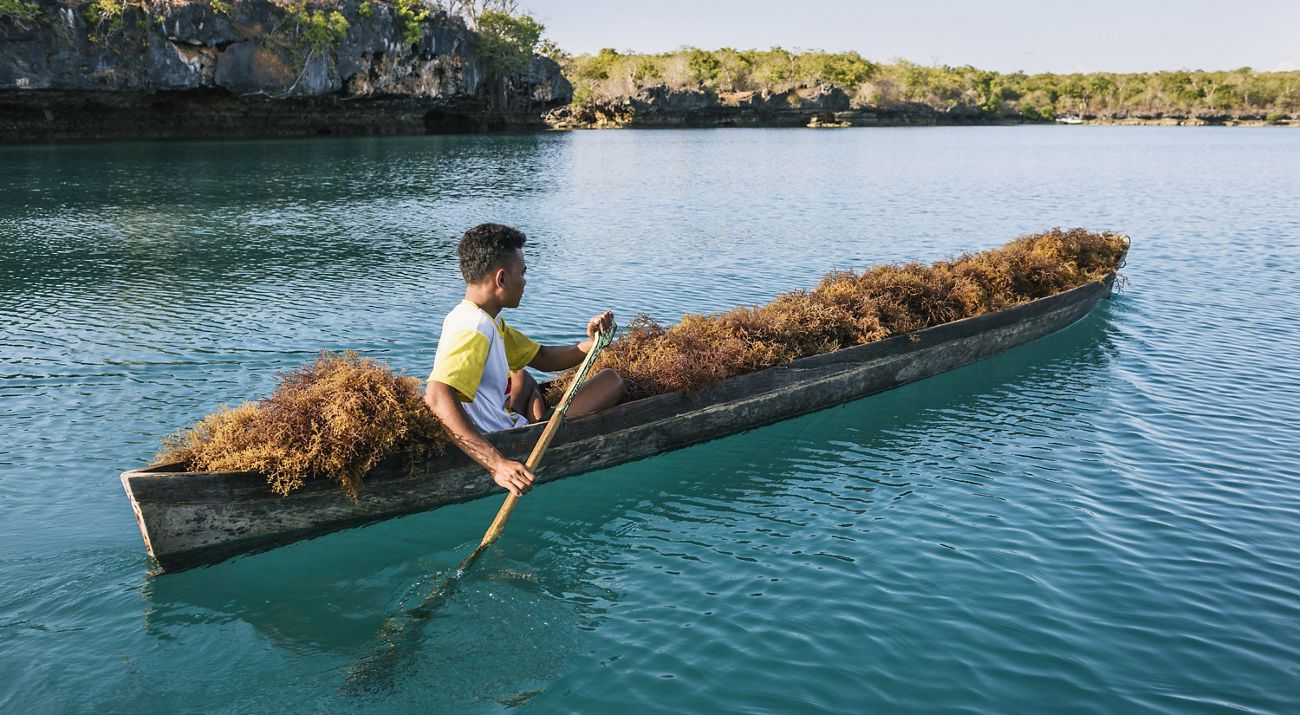Gentry, R.R., Alleway, H.K., Bishop, M.J., Gillies, C.L., Waters, T., Jones, R., 2020. Exploring the potential for marine aquaculture to contribute to ecosystem services. Reviews in Aquaculture 12, 499–512.
Want to learn more?
Read the paper hereAbstract: Marine aquaculture is growing quickly and has substantial effects on people and the environment. Existing research has demonstrated that marine aquaculture can contribute to ecosystem service provisioning that extends beyond production of a resource; however, the extent and significance of these goods and services are not well understood.
Here we review existing knowledge of ecosystem service provision by marine aquaculture by systematically examining 129 peer reviewed papers that describe the provision of nine distinct ecosystem services by operational or experimental marine aquaculture farms. We quantify service provision and classify services by type and by farm characteristics. We show that while certain services, such as nutrient absorption by kelp aquaculture, are well understood and have been documented across multiple species, scales and environments, the evidence for other services, such as the cultural service of tourism, is currently minimal.
Importantly, we identify ecosystem services associated with a diversity of farm types (including fish, bivalve, algae and polyculture farms) but find that certain services were most often delivered by specific farm types (e.g. habitat services were most often associated with fish farms). Incorporating acknowledgement of ecosystem services into farm design and planning has the potential to improve environmental performance and sustainable management of aquaculture. However, outstanding questions, including how spatial expansion of marine aquaculture will affect the provisioning of these services, are important challenges facing sustainable development.
